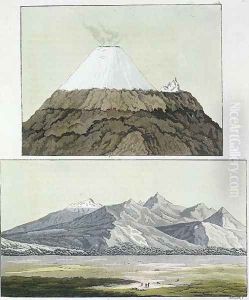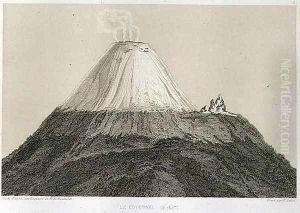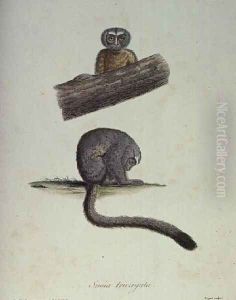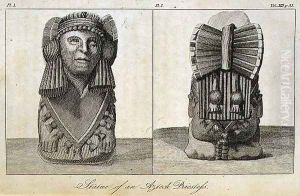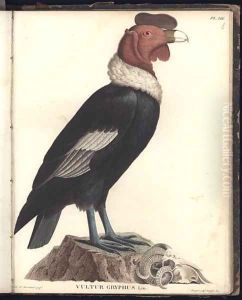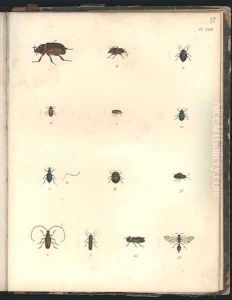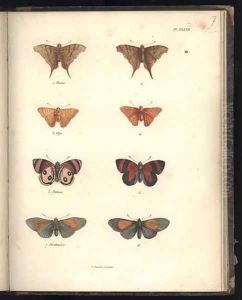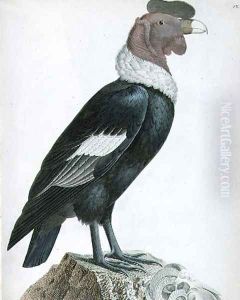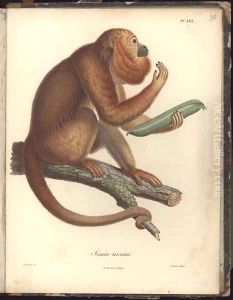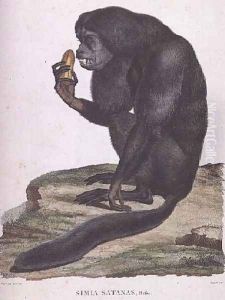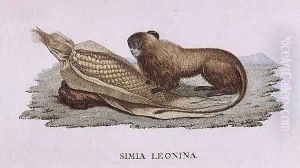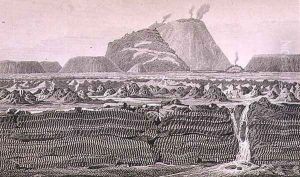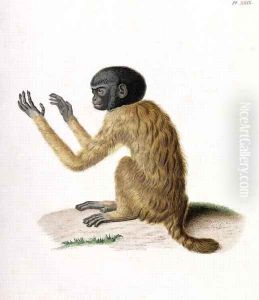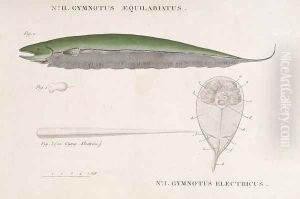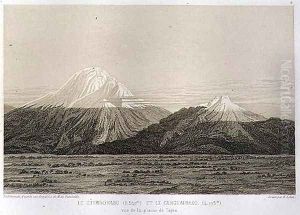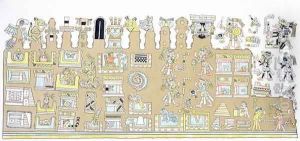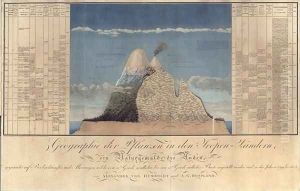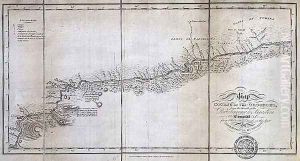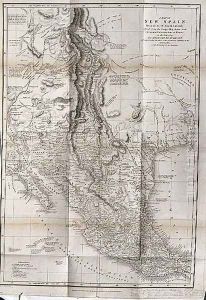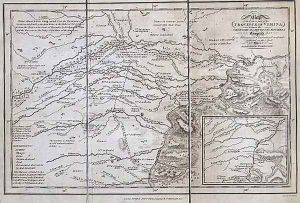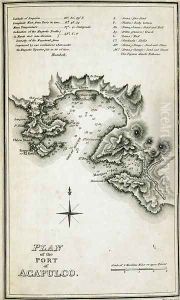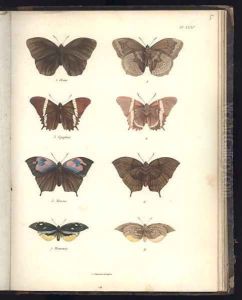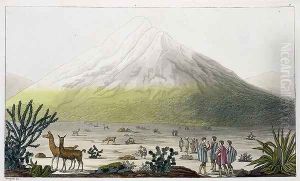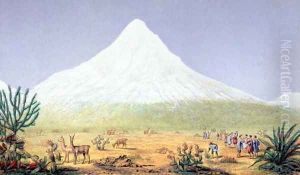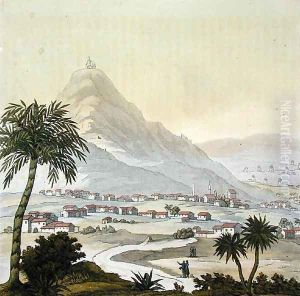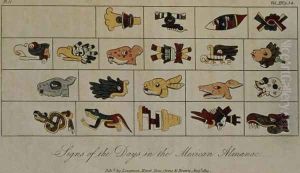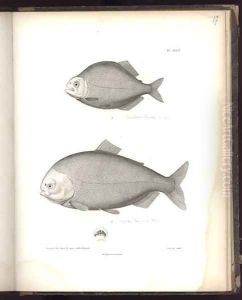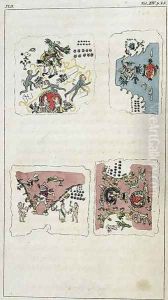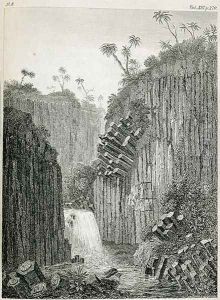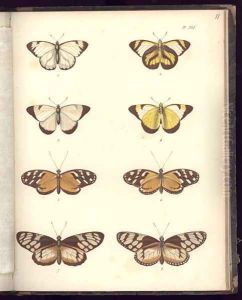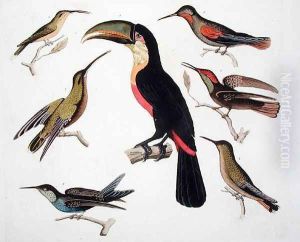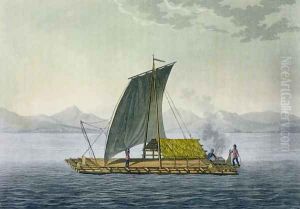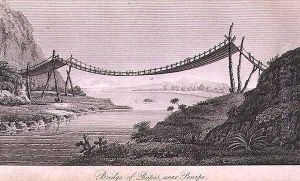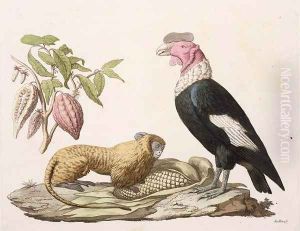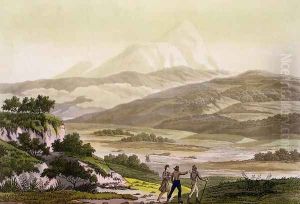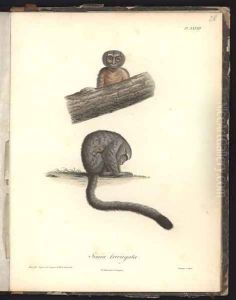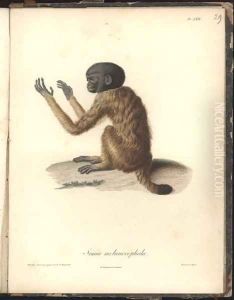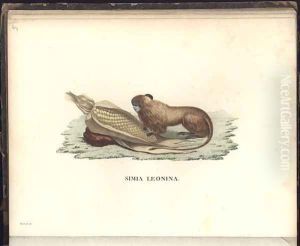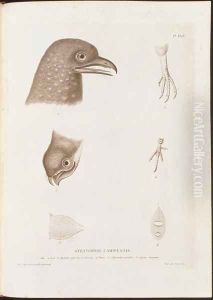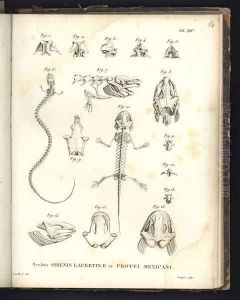Humboldt, Friedrich Alexander, Baron von Paintings
Friedrich Wilhelm Heinrich Alexander von Humboldt was a Prussian polymath, geographer, naturalist, explorer, and influential proponent of Romantic philosophy and science. He was born on September 14, 1769, in Berlin, then part of the Kingdom of Prussia. His family was wealthy, which afforded him a comprehensive education. Humboldt's passion for travel and exploration was evident early in his life.
After studying at the universities of Frankfurt and Göttingen, Humboldt traveled extensively through Europe, meeting influential figures of his time and furthering his education in various scientific fields. He was particularly influenced by the work of the German naturalist Georg Forster, who had accompanied Captain James Cook on his second voyage to the Pacific.
Humboldt's most significant contribution to science came through his five-year exploration of Latin America. Beginning in 1799, he conducted thorough research on the region's geography, flora, fauna, and cultures, traveling through modern-day Venezuela, Cuba, Colombia, Ecuador, Peru, Mexico, and the United States. His work laid the foundations for the fields of biogeography and modern environmentalism.
After his return to Europe, Humboldt settled in Paris and later in Berlin, where he became a central figure in scientific circles and an advisor to the Prussian king. His extensive research was published in a series of volumes titled 'Kosmos,' in which he sought to unify diverse branches of scientific knowledge and culture, offering a holistic view of the universe.
Humboldt's legacy is vast. He influenced many scientists and thinkers, including Charles Darwin, Henry David Thoreau, and John Muir. His name has been commemorated in numerous natural phenomena, species, geographic locations, and even in the Humboldt Current off the west coast of South America. Humboldt died on May 6, 1859, in Berlin. His work continues to be revered for its contribution to our understanding of the natural world and its interconnectedness.
